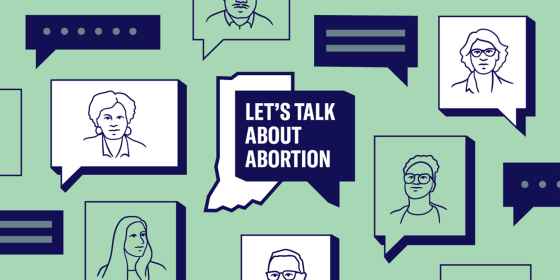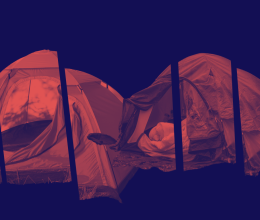The use of surveillance technologies by local police departments, especially against communities of color and other unjustly targeted groups, poses serious threats to civil liberties.
These technologies create oppressive environments in which every community member is treated like a prospective criminal.
In particular, face recognition technology is a flawed, racially-biased tool which turns everybody into a suspect and threatens our civil rights.
Face recognition technology exhibits significant racial, gender, and other biases because it disproportionately misidentifies and misclassifies people of color, trans people, and women. The studies show this, and real life proves it.
While face surveillance is a danger to all people, the technology is a particularly serious threat to Black people because of its disturbing record of inaccuracy.
Study after study has confirmed the flaws of this software. A 2018 study concluded that some facial analysis algorithms misclassified Black women nearly 35 percent of the time, while nearly always getting it right for white men.
These error-prone, racially biased algorithms can have devastating impacts for people of color. For example, many police departments use face recognition technology to identify suspects and make arrests. One false match can lead to a wrongful arrest, a lengthy detention, and even deadly police violence.
We’ve already seen what happens when face recognition becomes a part of law enforcement: more Black men wrongfully arrested. Robert Williams, Michael Oliver, and Nijeer Parks are all Black men wrongly arrested and detained after police falsely identified them using a face recognition system.
This flawed technology has no place in an already flawed criminal legal system.
Because of racism embedded in policing and the criminal legal system, Black and Brown communities are also disproportionately surveilled by law enforcement.
And even if this face recognition technology was perfectly accurate, it would still be a nightmare for civil liberties.
When combined with existing networks of surveillance cameras in the community, this dangerous technology can enable government to track the public movements, habits, and associations of all people at all times without any justification or suspicion of wrongdoing — merely with the push of a button.
By giving governments the power to spy on citizens wherever they go — tracking faces at protests, political rallies, places of worship, and more – the use of this technology can chill free speech.
In West Lafayette, the City Council recently voted on an important ordinance in favor of banning city government’s use of face recognition technology, but Mayor John Dennis vetoed the ban.
Face recognition technology threatens core constitutional rights, such as our right to privacy and to free speech, and endangers people of color and other marginalized groups.
A number of cities across the country have passed local bans, and it’s time Indiana cities take action to protect their citizens and prevent invasive surveillance.




